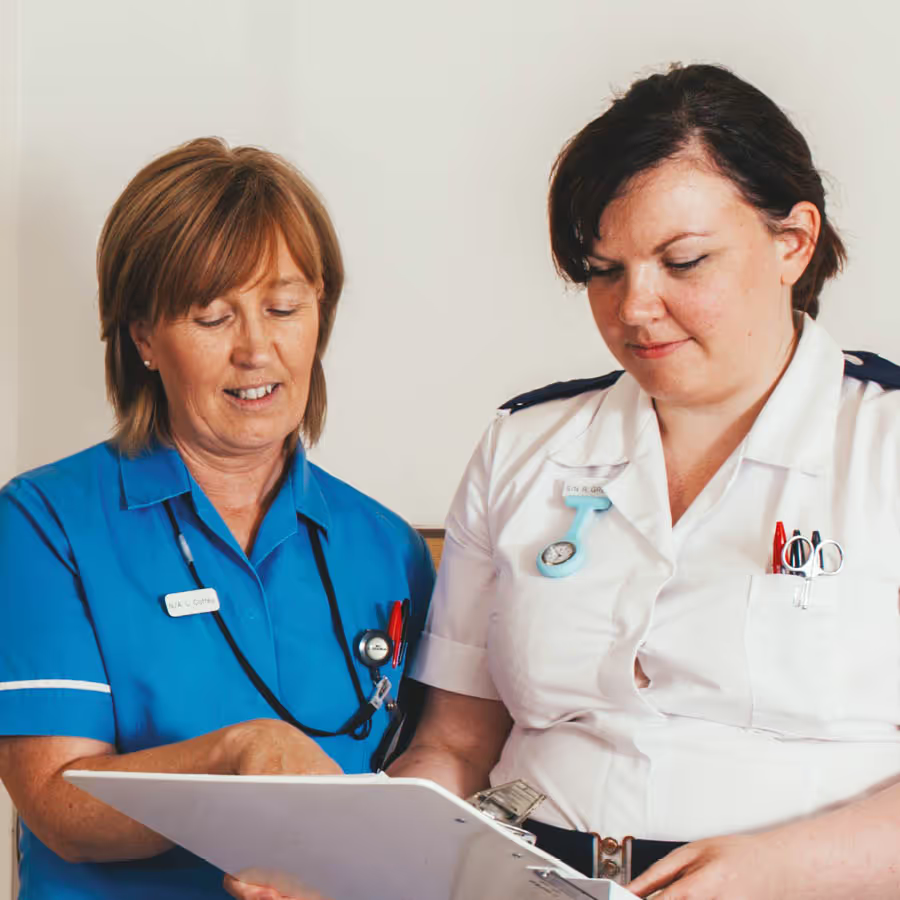Menu

Cardiac & Respiratory

An echocardiogram, also known as an echo, is a non-invasive imaging test used to examine the heart and is performed by a cardiac physiologist.
You’ll be asked to remove any clothing covering your upper half before lying down on a bed. You may be offered a hospital gown to cover yourself during the test.
When you’re lying down, several small sticky sensors called electrodes will be attached to your chest. These will be connected to a machine that monitors your heart rhythm during the test.
An ultrasound gel will be applied to your chest or directly to the ultrasound probe. You’ll be asked to lie on your left side and the probe will be moved across your chest.
The probe is attached by a cable to a nearby machine that will display and record the images produced.
You won’t hear the sound waves produced by the probe, but you may hear a swishing noise during the scan. This is normal and is just the sound of the bloodflow through your heart being picked up by the probe.
The whole procedure will usually take between 30 and 60 minutes, and you’ll normally be able to go home shortly afterwards.
No Preparation needed.

Have a query?
Why not check out our FAQ’s were you will find answers to many previously asked questions.

3
Lorem ipsum dolor sit amet, consectetur adipiscing elit, sed do eiusmod tempor incididunt ut labore et dolore magna aliqua.













